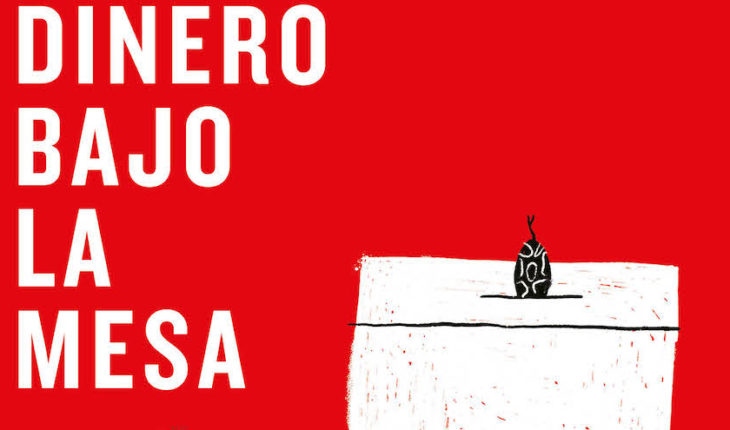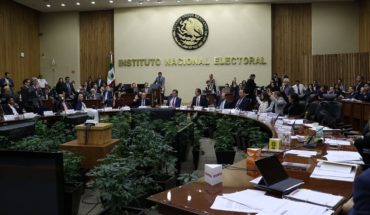Despite efforts to transparent and legalize expenses during the 2016, 2017 and 2018 political campaigns, the Mexicans Against Corruption and Impunity (MCCI) team and Integralia Consultores were responsible for analyzing and investigating what happens to the illegal campaign finance and expenditure in Mexico.
The team consisting of María Amparo Casar, executive president of Mexicans Against Corruption and Impunity; Luis Carlos Ugalde, president of Integralia Consultores, and researchers Leonardo Núñez and Ximena Mata, documented illegal financing and spending on political campaigns.
In an interview with Political Animal, Amparo Casar explained that in this investigation they did not study the uses and abuses of public resources in electoral matters but in campaigns.
The research began with the elections to governors in 2016 and 2017, and then incorporated the 2018 elections.
“The most notable finding, though not necessarily the most important, from my point of view is that, on average, for every weight candidates report to the Federal Electoral Institute, they actually spend 25 pesos below the table,” he said.
“What we report here, on the one hand, is the simulation and the incentives to put money under the table. The most notable finding is the 25 below the table, apart from the being a clear illegality and a clear violation of the regulations that has a very serious consequence on the elections,” he added.
What’s after i’m winning?
The problem, the research highlights, is when the person comes to office and the number of commitments he got to get that position.
“He received money from organized crime, whether from the private sector, whether from the public sector, and he’s already coming in with compromises, in terms of the public life he’s going to carry out,” Casar explained.
In addition, he explained that in the case of the private sector he benefited from awarding them structure or government procurement contracts, while employers provided contracts for police uniforms and boots or school breakfasts.
The case of drug trafficking is a sector that was not studied in the book but that forms the third source of financing and illegal spending in the campaigns, according to Integralia and MCCI.
They also emphasize that political parties only report 30% of the expenditure they can make (campaign caps).
“We find that in elections the money circulating in the economy is much more than what happens in years when there are no elections,” said Leonardo Núñez.
According to the researcher, the book documents the diversion of public resources and the entry of illegal money by the private sector into the campaigns, which is what explains the 25 pesos for each weight reported that goes under the table.
From 25 pesos to the final destination of resources
Researchers noted that, on average, a governor’s campaign costs 850 million pesos, according to the calculations made, even though the spending cap of such a campaign is usually 47 million. Even, what they report on average is 22 million.
“So the distance between 47 million to 850 million pesos is 25, let’s say that’s the average number. This was cut through interviews in which we found the same number and proportion,” they added.
Amparo Casar concludes that, in Money under the table, beyond the 25 pesos that are obtained illegally “not all that money enters the campaigns… there’s a part that’s left in the pocket of the politician, the operator, the authority, anyway, I think that’s important to say,” he said.
With permission from the editorial Grijalbo, Animal Político gives you the first chapter of the book Under the table Against Corruption and Impunity in collaboration with Integralia Consultores.
Thanks for reading! Help us get on with our work. How? You can now subscribe to Political Animal on Facebook. With your monthly donation you will receive special content. Find out how to subscribe here. Check out our list of frequently asked questions here.
translated from Spanish: The book on illegal financing in election campaigns
June 22, 2019 |





